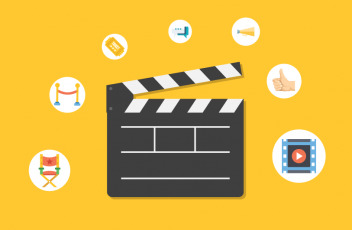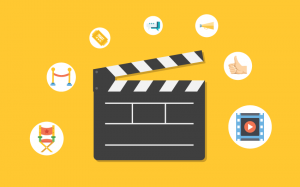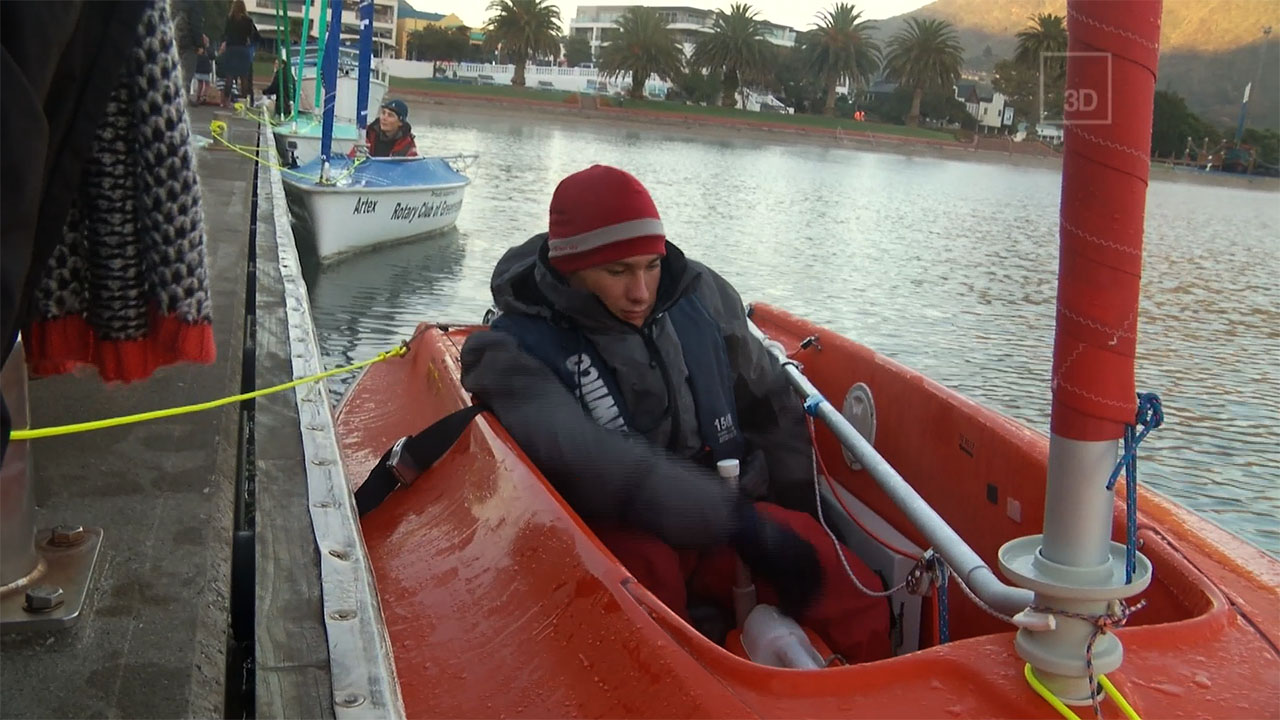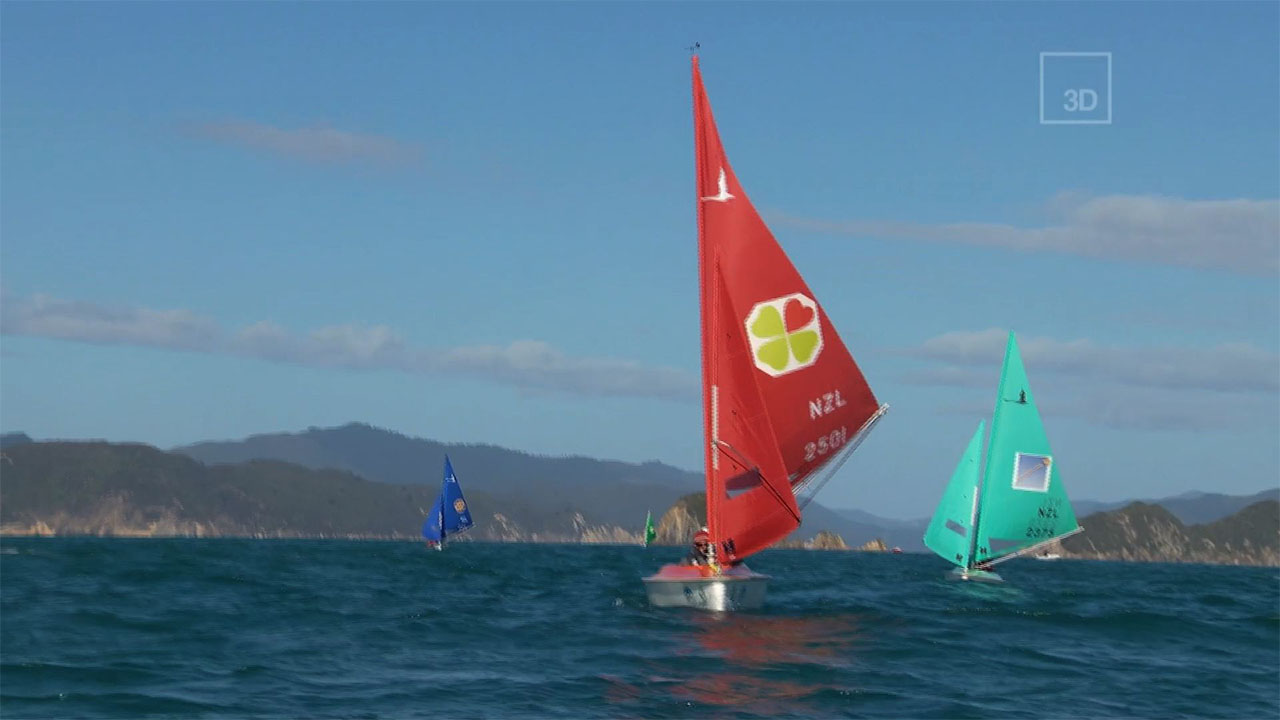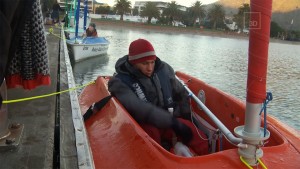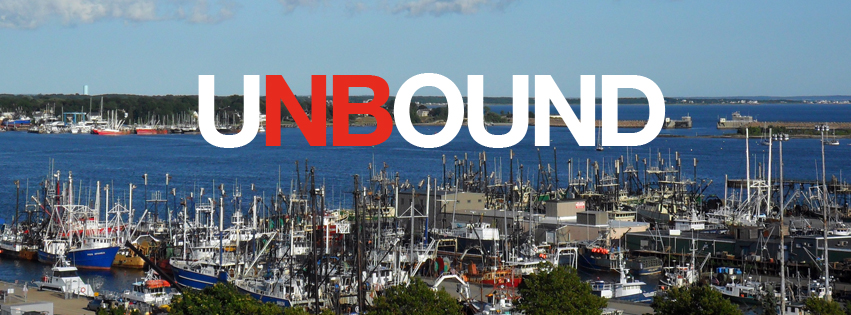
In an earlier post on creating a successful crowdfunding campaign, I wrote about the differences between some of the major crowdfunding platforms, and what we as filmmakers should keep in mind when choosing which site may be the best crowdfunding platform to use. I wrote about Kickstarter as the main example of a platform that relies on the all or nothing approach, Indiegogo as a platform that opens the door to what is often called the flexible funding model (where you as a filmmaker get to keep whatever you raise, regardless of whether or not you reach your funding goal) and Tubestart, a smaller startup that offers both of these options as well as a recurring payments option. as well as an interesting “pledge” model which allows backers to opt for a system that charges them each time new content appears on your YouTube channel. As we dig deeper into the weeds, though, there is a much bigger issue for anyone who is choosing to incorporate crowdfunding into their strategy, because choosing a platform is hardly a guarantee of success. It doesn’t even get you to Continue reading “Successful Crowdfunding Campaign Keys: Creating Buzz”

